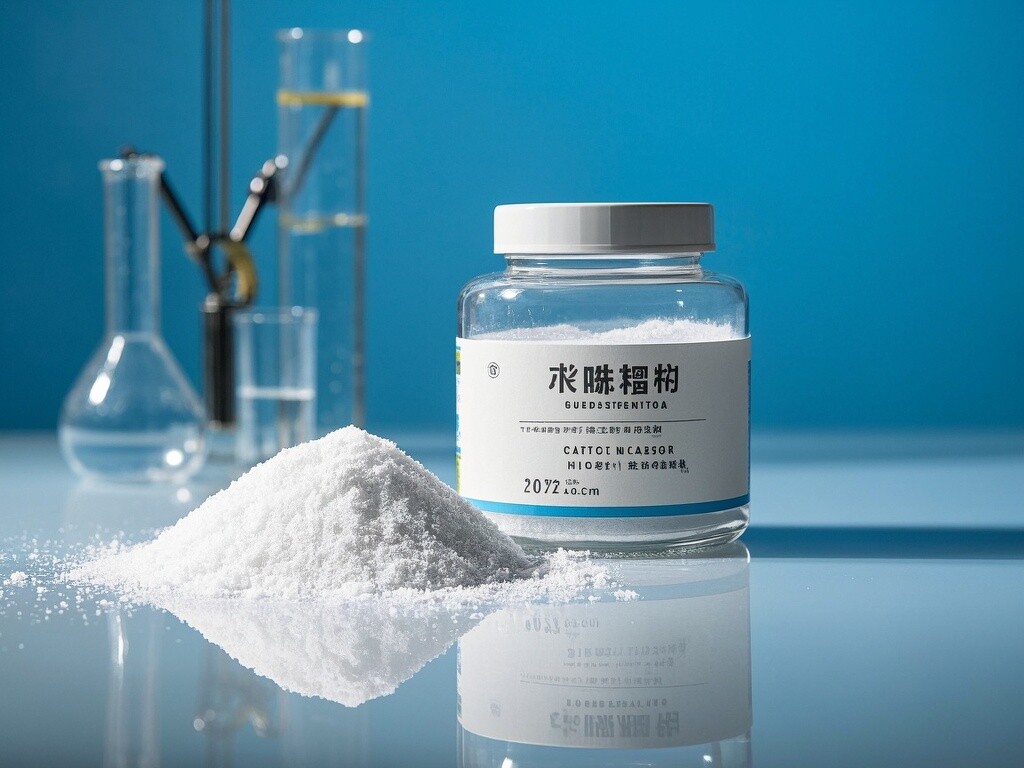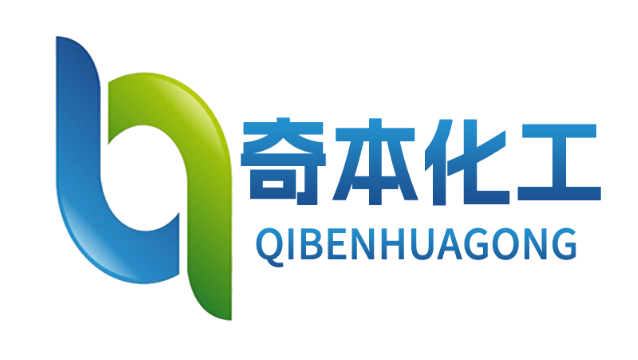News

Introduction to Sodium Bicarbonate
Sodium bicarbonate, commonly known as baking soda, is a white crystalline powder with the chemical formula NaHCO3. It is naturally occurring and can be synthesized through the Solvay process. Its alkalinity, non-toxicity, and reactivity make it a preferred choice for various industrial and environmental applications.
Applications in Sustainable Production
Sodium bicarbonate is widely used in industries such as food processing, pharmaceuticals, agriculture, and environmental remediation. In food production, it acts as a leavening agent and pH regulator. In pharmaceuticals, it is used in antacids and effervescent tablets. Its role in flue gas desulfurization (FGD) systems highlights its importance in reducing industrial emissions.
Environmental Benefits
One of the most significant advantages of sodium bicarbonate is its environmental friendliness. It is biodegradable, non-toxic, and does not contribute to pollution. In water treatment, it helps neutralize acidic wastewater, while in agriculture, it improves soil pH and nutrient availability.
Technical Specifications and Standards
Sodium bicarbonate meets various international standards, including USP, FCC, and REACH. Its technical specifications, such as purity (≥99%), particle size, and bulk density, are critical for industrial applications. Compliance with these standards ensures safety and efficacy.
Market Trends and Demand
The global sodium bicarbonate market is projected to grow at a CAGR of 5.2% from 2023 to 2030, driven by increasing demand from the food, pharmaceutical, and environmental sectors. Asia-Pacific is the fastest-growing region, owing to rapid industrialization and environmental regulations.
Cost and Substitutes
While sodium bicarbonate is cost-effective, alternatives like Poly anionic cellulose (PAC) are used in specific applications. However, sodium bicarbonate remains the preferred choice due to its versatility and sustainability.
Common Misconceptions
A common misconception is that sodium bicarbonate is only useful for household cleaning. In reality, its industrial applications are vast, including fire suppression, metal finishing, and oil drilling.
FAQs
Q: Is sodium bicarbonate safe for environmental use?
A: Yes, it is non-toxic and biodegradable, making it safe for environmental applications.
Q: What industries benefit the most from sodium bicarbonate?
A: Food processing, pharmaceuticals, agriculture, and environmental remediation are the primary beneficiaries.
Future Prospects
With advancements in green chemistry, sodium bicarbonate is expected to play a pivotal role in sustainable production. Innovations in its application, such as carbon capture and storage (CCS), are being explored.
Why Choose Us
Our expertise in chemical solutions ensures high-quality sodium bicarbonate tailored to your needs. Contact us today to learn how we can support your sustainable production goals.


